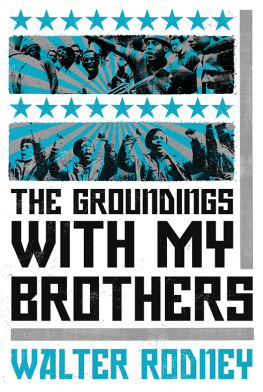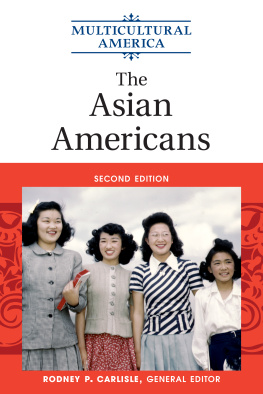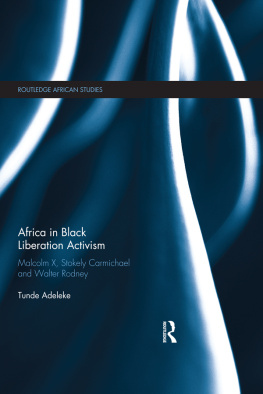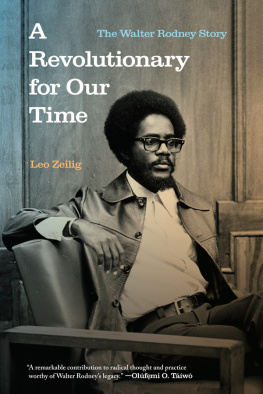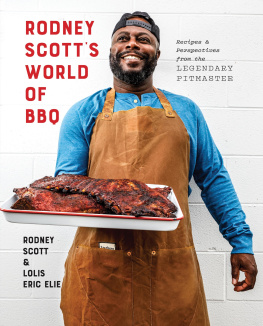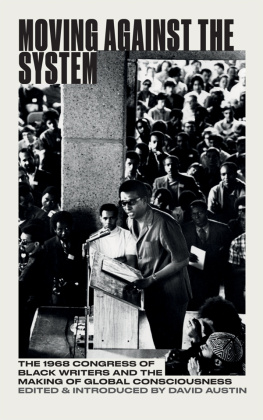Contents

The Groundings with My Brothers
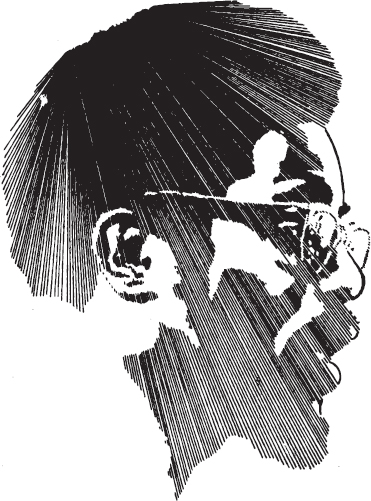
The Groundings
with My Brothers
Walter Rodney
Edited by Asha T. Rodney
and Jesse J. Benjamin

This edition published by Verso 2019
First published by Bogle-LOuverture Publications 1969
Walter A. Rodney 1969
Walter Rodney Foundation 2019
Contributions Contributors 2019
Frontispiece, original art by Brian Rodway.
Redesigned by Aajay Murphy.
All rights reserved
The moral rights of the authors have been asserted
1 3 5 7 9 10 8 6 4 2
Verso
UK: 6 Meard Street, London W1F 0EG
US: 20 Jay Street, Suite 1010, Brooklyn, NY 11201
versobooks.com
Verso is the imprint of New Left Books
ISBN-13: 978-1-78873-115-7
ISBN-13: 978-1-78873-116-4 (UK EBK)
ISBN-13: 978-1-78873-117-1 (US EBK)
British Library Cataloguing in Publication Data
A catalogue record for this book is available from the British Library
Library of Congress Cataloging-in-Publication Data
A catalog record for this book is available from the Library of Congress
Typeset in Sabon by MJ&N Gavan, Truro, Cornwall
Printed and bound by CPI Group (UK) Ltd, Croydon, CR0 4YY
Contents
Introduction: Re-grounding the Intellectual-Activist Model of Walter Rodney
Carole Boyce Davies
Living the Groundings A Personal Context
Patricia Rodney
The Conscious Youth
Robin Bongo Jerry Small
The Groundings with My Brothers at Fifty
David Austin
The Continued Relevance of Walter Rodneys Groundings
Verene A. Shepherd
Our Responsibilities to Each Other
Randall Robinson
The Groundings with My Brothers is important in so many ways. It is perhaps the most direct representation of Walter Rodneys natural voice during the early period of his work. These groundings talks, which became chapters, represent Rodneys voice as a very young professor, post-PhD, engaging with Jamaica in 1968, when he was just twenty-six years old. Now, fifty years since its original publication by Bogle LOuverture Press, it remains vital and relevant, addressing key issues of Black consciousness, Black Power, the role of the academic and intellectual, the Jamaica situation, African history, colonialism and its legacies, liberation, and transnational engagement of racialized police brutality. It is a compulsory text to be used in community work, undergraduate courses, high schools, unions and popular education.
For several years, the editors have worked with Patricia Rodney and the Walter Rodney Foundation (WRF) Board, as well as its advisory board, members, and friends to secure and consolidate a permanent publishing home for Walter Rodneys primary works. We are now able to call Verso Books the new home of Walter Rodneys works. The Groundings with My Brothers is the third Rodney book, after The Russian Revolution: A View From the Third World (July 2018), and the new edition of his classic, How Europe Underdeveloped Africa (November 2018).
We appreciate the willingness of Verso to maintain this critical work as a stand-alone text, and their embrace of and assistance with our plan to add a second part, with reflective essays and commentaries from leading thinkers whose work intersects with Rodneys and illuminates important new aspects of it. At some point, we realized that we had already been serving as de facto editors, and accepted this role as we worked to complete the project. We made a hard decision, along with Verso, not to include the original introductions in order to keep the book relatively small, so that it could continue to be accessible, from a cost perspective, to a wide cross-section of readers. We intend to make the prior introductions available on the Verso and/or WRF websites.
We were fortunate to secure an introduction by Carole Boyce Davies and essays from David Austin, Randall Robinson, Patricia Rodney, Verene Shepherd and Robin Bongo Jerry Small.
We chose to order these unique contributions in terms of chronology and scope, starting with personal reflections by Patricia, then memories of the groundings in Jamaica by Bongo Jerry, followed by an essay on the Montreal congress by David. We then conclude with an essay by Verene, with its broad scope, and finally, a meditation on the meaning of a life in service of liberation by Randall.
The introduction by Carole Boyce Davies brilliantly frames the work as a must read book of historical resonance and carries it to a new generation. Carole expounds that Rodney provides us with the ability to make knowledge real, in service of our communities; and more incisively, provides us with the ability to impact our innate understandings of the world.
Recollections by Patricia Rodney, Walter Rodneys wife, provide readers with invaluable personal observations, recollections and context. She reflects on the groundings process, that, though organic to Rodney, led to internal disruptions, and is recognized as a major event in Caribbean history.
Robin Bongo Jerry Small shares a scintillating first-hand account of the groundings his experience working with Rodney during the tumultuous and impactful nine months he was in Jamaica. His poignant memories provide a unique window into the work and impact of Rodney in the Jamaican context.
David Austin provides an account of critical events not previously available to most readers, about the 1968 Black Writers Congress in Montreal, during which word of Walter Rodneys ban from returning to Jamaica was announced. Important details of the interactions with Stokely Carmichael, Robert Bobby Hill and others provide important details for scholars, and new insight into the dynamics of social movements that have shaped our history.
Verene Shepherd provides a brilliant theoretical and historical sketch of Rodneys impact and continuing relevance. She situates Rodney as providing the ideological orientation for many people in the Caribbean and Diaspora and for the creation of the public intellectual as scholar-advocate.
Randall Robinson, of Trans-Africa Forum renown, provides a concise meditation on Rodneys praxis in general an incisive meta-analysis on what it means to tend to ones brothers and sisters, especially the dispossessed.
Several people at Verso need to be specifically acknowledged for sharing in our vision of Rodneys legacy: Andy Hsiao for helping develop and secure our overall plan with Verso; Ben Mabie, our main point of contact, who guided this project to its completion; and Duncan Ranslem and his editorial team for their flexibility and precision.
Special thanks to Vijay Prashad and Robin D. G. Kelley for helping develop the relationship with Verso Books and to Roger van Zwanenberg and Firoze Manji for supporting this work.
Our appreciation to Aajay Murphy for his continued work behind the scenes and to Jesse Benjamins students in the Walter Rodney Speakers Series course, and his other courses, for their proofing and comments. And to everyone who helped at various stages of this project and who supported the broader vision of the WRF.
Finally, our deep gratitude to our contributors, for their reflective essays and timely revisions.
This is the context of struggle and grounding that helped produce this volume. We are excited to share it with you as we continue the work.

